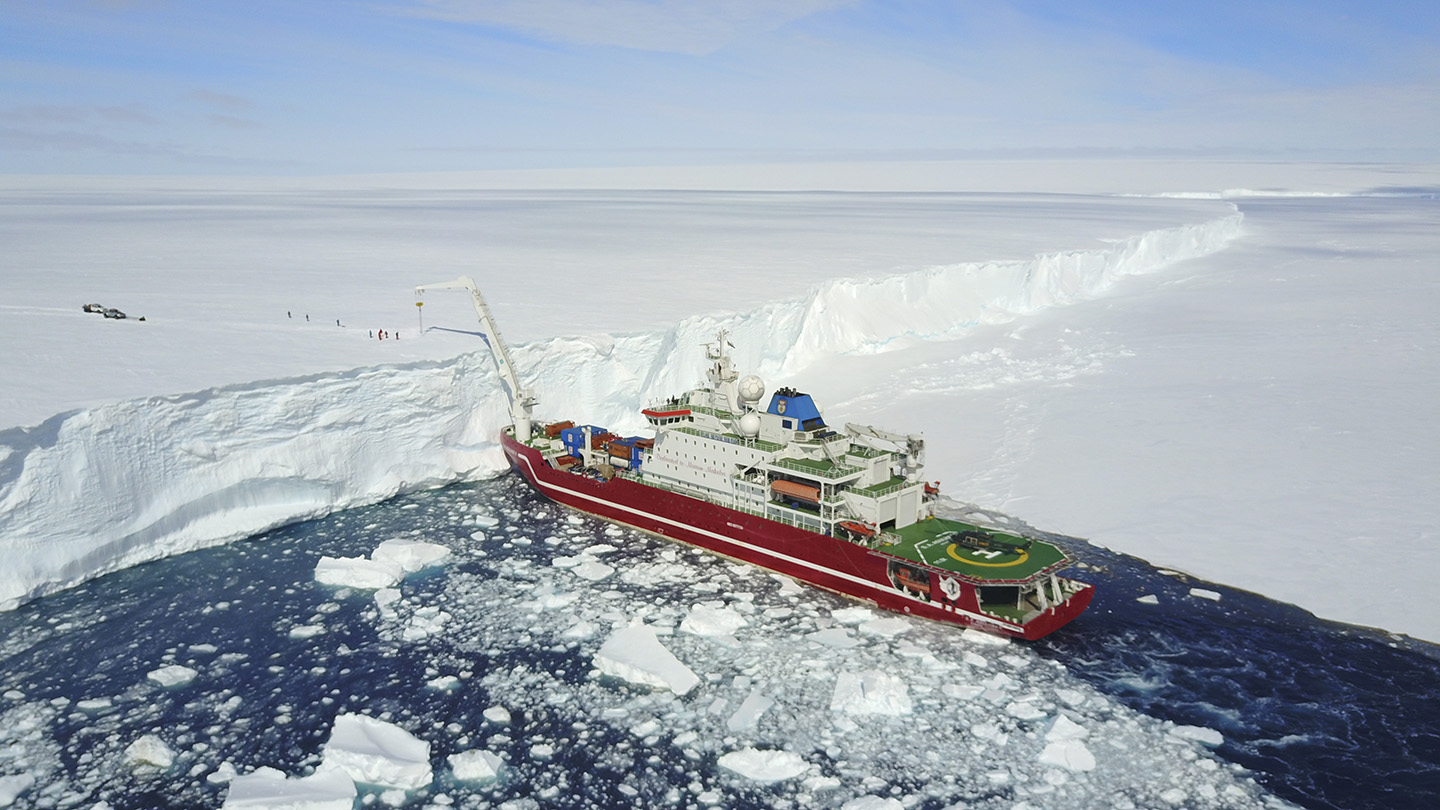

In partnership with the Flotilla Foundation, Scott Polar Research Institute, Nelson Mandela University, University of Cape Town, and the University of Canterbury, the Weddell Sea Expedition deployed Autonomous Underwater Vehicles (AUVs) and Remotely Operated Vehicles (ROVs) to investigate life beneath the Antarctic ice and assess the potential implications of climate change. This expedition, one of the largest and most ambitious non-governmental Antarctic scientific missions in decades, explored one of the most remote and least studied regions of the world.
In 2019, a team of 36 scientists, surveyors, and technicians embarked on a 45-day voyage of science and discovery in the western Weddell Sea. This team examined the marine life of this unique ecosystem, observing new communities of sympagic fauna living beneath the ice for the first time in this region.
Discovery of microplastic fibres in all samples, including air, seawater, sediment, and sea-ice, in Antarctica—one of the last remaining pristine environments on Earth.
First evidence of synthetic fibres in Antarctic air, indicating that Antarctic animals and seabirds, such as penguins, could be inhaling plastic particles.
Modelling analysis suggested South America as a significant source of airborne microfibre pollution in Antarctica.
These findings highlight the urgent need for a globally agreed Plastics Treaty, providing crucial recommendations for policy makers and individuals alike.